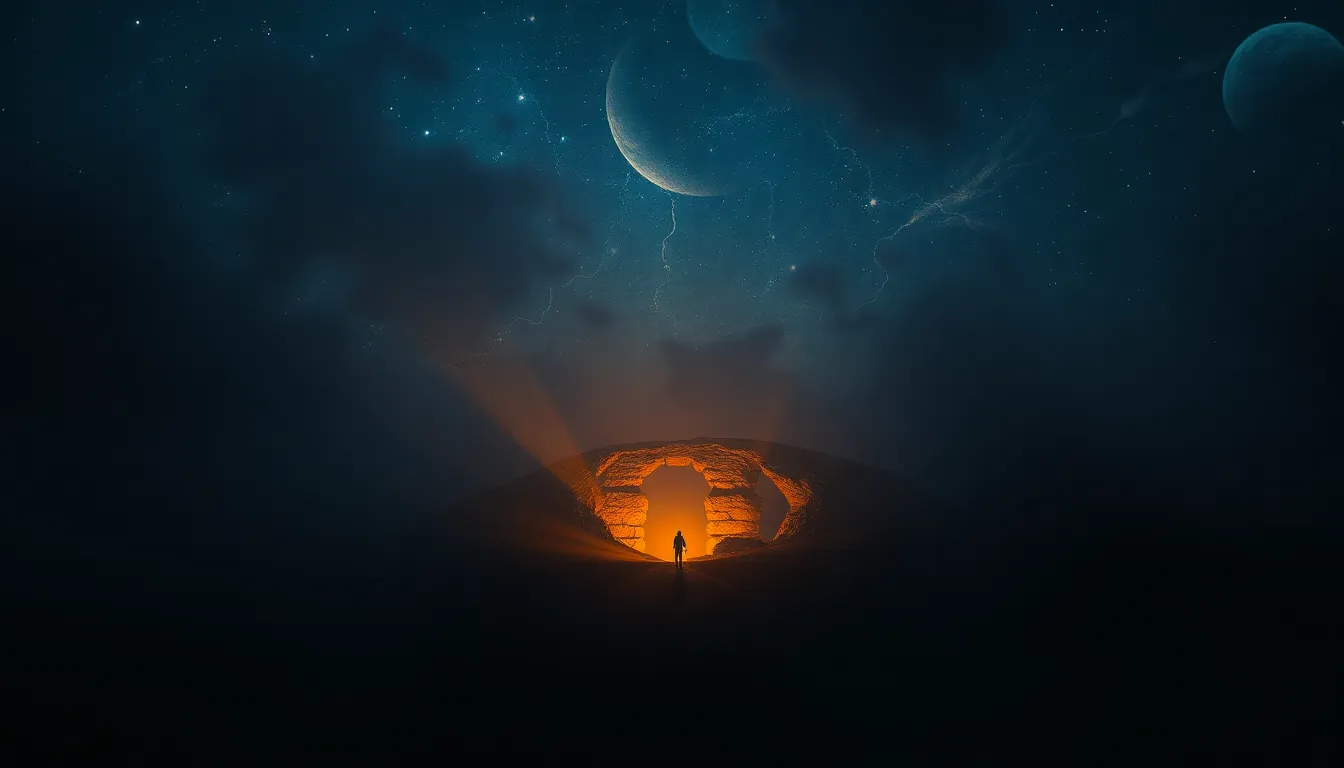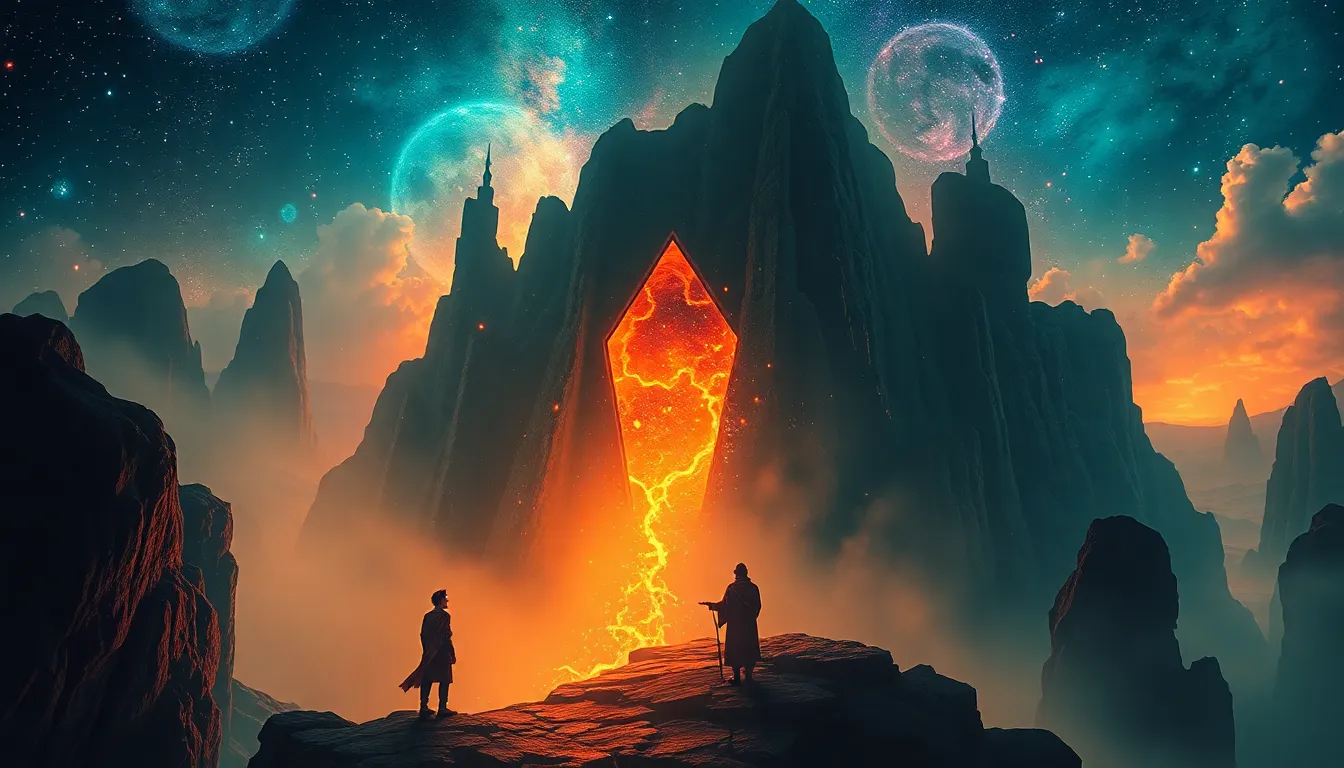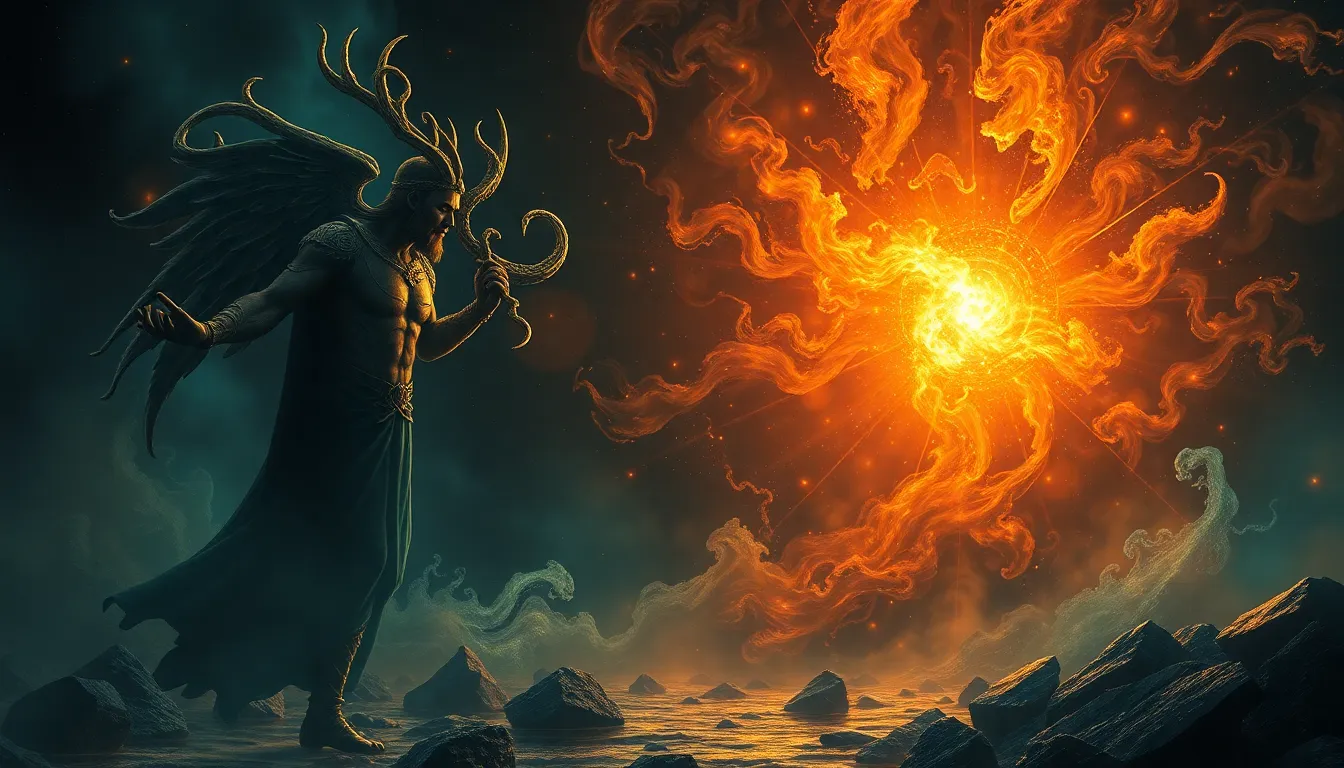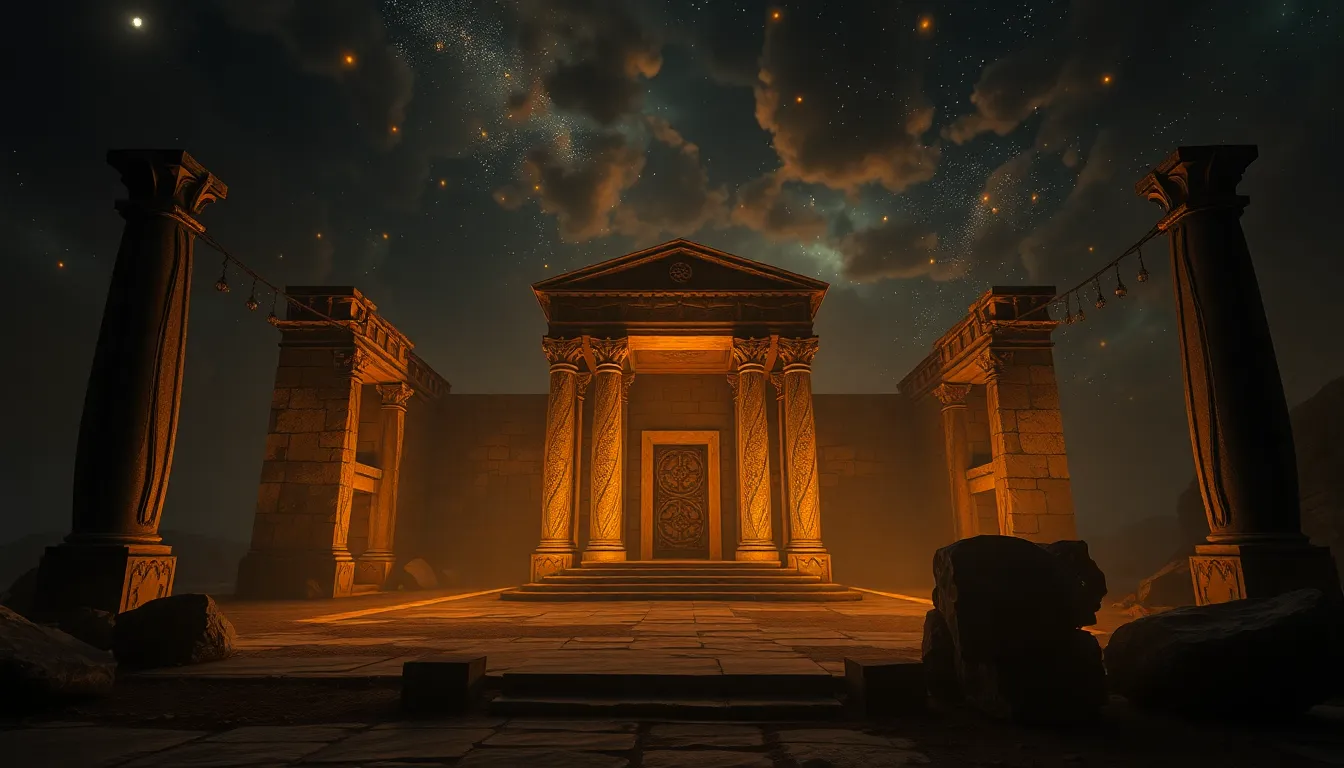The First Light: Creation Myths That Illuminate Our Past
1. Introduction to Creation Myths
Creation myths are foundational narratives that describe the origins of the universe, humanity, and the natural world. They serve as a lens through which various cultures interpret their existence and the cosmos. These myths are significant as they provide not only explanations for the unknown but also reflections of the values, beliefs, and struggles of the societies that tell them.
Throughout history, creation myths have played a crucial role in human culture, shaping worldviews, informing rituals, and influencing social structures. They are more than mere stories; they encapsulate the essence of human curiosity and the quest for meaning in a complex universe.
2. The Universal Themes of Creation
Across diverse cultures, creation myths share several universal themes that resonate with human experience. Some of the most common elements include:
- Chaos: Many myths begin with a formless void or chaos, representing the undisclosed potential of the universe.
- Transformation: The process of creation often involves significant transformation, where chaos is shaped into order.
- Divine Intervention: A deity or deities frequently play a central role, suggesting a guiding intelligence behind the creation process.
These themes highlight humanity’s intrinsic desire to understand the origins of life and the cosmos, as well as the moral and ethical implications of creation.
3. Creation Myths from Different Cultures
Creation myths vary widely across cultures, each offering unique insights into the beliefs and values of their respective societies. Notable examples include:
3.1. The Genesis Creation in Judeo-Christian Tradition
The Book of Genesis presents a sequential account of creation, where God creates the world in six days and rests on the seventh. This narrative emphasizes the idea of a purposeful creation and the inherent goodness of the natural world.
3.2. The Enuma Elish in Babylonian Mythology
The Enuma Elish describes the creation of the world through a cosmic battle between gods, highlighting themes of chaos and order. The god Marduk defeats the primordial goddess Tiamat and uses her body to create the heavens and the earth.
3.3. The Popol Vuh of the Maya Civilization
The Popol Vuh narrates the creation of humanity by the gods, who initially make humans from mud and then from maize, underscoring the connection between the people and their agricultural environment.
3.4. The Hindu Creation Stories: Brahma and the Cosmic Egg
Hindu mythology offers various creation stories, one being that of Brahma, who emerges from a golden cosmic egg. This narrative emphasizes the cyclical nature of creation, destruction, and rebirth.
4. Oral Traditions and Their Impact on Creation Myths
Oral storytelling has been a pivotal means of preserving and evolving creation myths across generations. These traditions allow myths to adapt to changing cultural contexts while retaining core narratives. Oral traditions foster a sense of community and identity, as they are often shared in communal settings, reinforcing cultural values and collective memory.
5. Creation Myths and Scientific Understanding
The intersection of myth and science often leads to intriguing dialogues about the origins of the universe. While scientific theories such as the Big Bang provide empirical explanations for the universe’s beginnings, creation myths offer symbolic and philosophical interpretations. Both can coexist, as myths fulfill psychological and existential needs that science does not address.
6. Modern Interpretations and Adaptations of Creation Myths
In contemporary culture, creation myths have been retold and adapted in various forms of literature and media, influencing modern philosophy and spirituality. These adaptations often reinterpret ancient narratives to resonate with modern audiences, exploring themes of identity, belonging, and environmental responsibility.
7. Psychological and Sociological Perspectives
From a psychological standpoint, creation myths serve several functions, including:
- Providing frameworks for understanding existence.
- Offering comfort in the face of existential uncertainty.
- Reinforcing moral codes and societal norms.
Sociologically, these myths can reflect and influence societal structures, illustrating how cultures perceive authority, community, and the cosmos.
8. The Role of Nature and the Environment in Creation Myths
Nature plays a crucial role in many creation stories, often depicted as a living entity or a sacred space. Myths can reflect the relationship between humanity and the environment, emphasizing stewardship and respect for the natural world. This connection is particularly relevant in contemporary discussions surrounding environmental sustainability.
9. Case Studies: Comparative Analysis of Creation Myths
Examining two creation myths, such as the Genesis story and the Enuma Elish, reveals both similarities and differences:
- Similarities: Both narratives involve a divine being shaping chaos into order.
- Differences: Genesis presents a singular, benevolent creator, while the Enuma Elish involves conflict among multiple deities.
This comparative analysis highlights how cultural context shapes mythological narratives and the values they convey.
10. Conclusion: The Enduring Power of Creation Myths
Creation myths remain relevant in contemporary society, providing a lens through which we explore existential questions and our place in the universe. Their enduring legacy shapes our understanding of existence, culture, and the natural world, reminding us that while science can explain the mechanics of creation, myths enrich our experience with meaning and purpose.




